.png?width=600&name=AT_India_Linkedin%20(1).png)
The need for connectivity, the importance of culture, and the art of not making assumptions — these were the main topics delegates heard on stage during the inaugural AltoTalks India event.
Cost is important, admitted mobility and travel experts from some of the world’s largest companies which are grappling inflation and rising prices. But their mobility programmes run deeper than that as they shared insights into the increasingly important role extended stay accommodation plays in their respective organisations.
Here are 7 of the key takeaways.
1. Corporate Accommodation as An Experience
AtkinsRéalis, a leading global design, engineering and project management firm, sends staff to a range of destinations. Project durations can be long, often in remote locations. Take nuclear plants, for example, or even NEOM — Saudi Arabia’s ambitious Red Sea tourism project. For Mukta Palsay, Director, Global Mobility Shared Services at AtkinsRéalis, sourcing the right accommodation plays a critical role.
“A nuclear site doesn’t get built near a city,” she said. “It can be a high-stress environment, so accommodation can be provided as a relief to them.” She added that with NEOM, some engineers may be at the Riyadh office, but some will be at the sites where construction is going on.
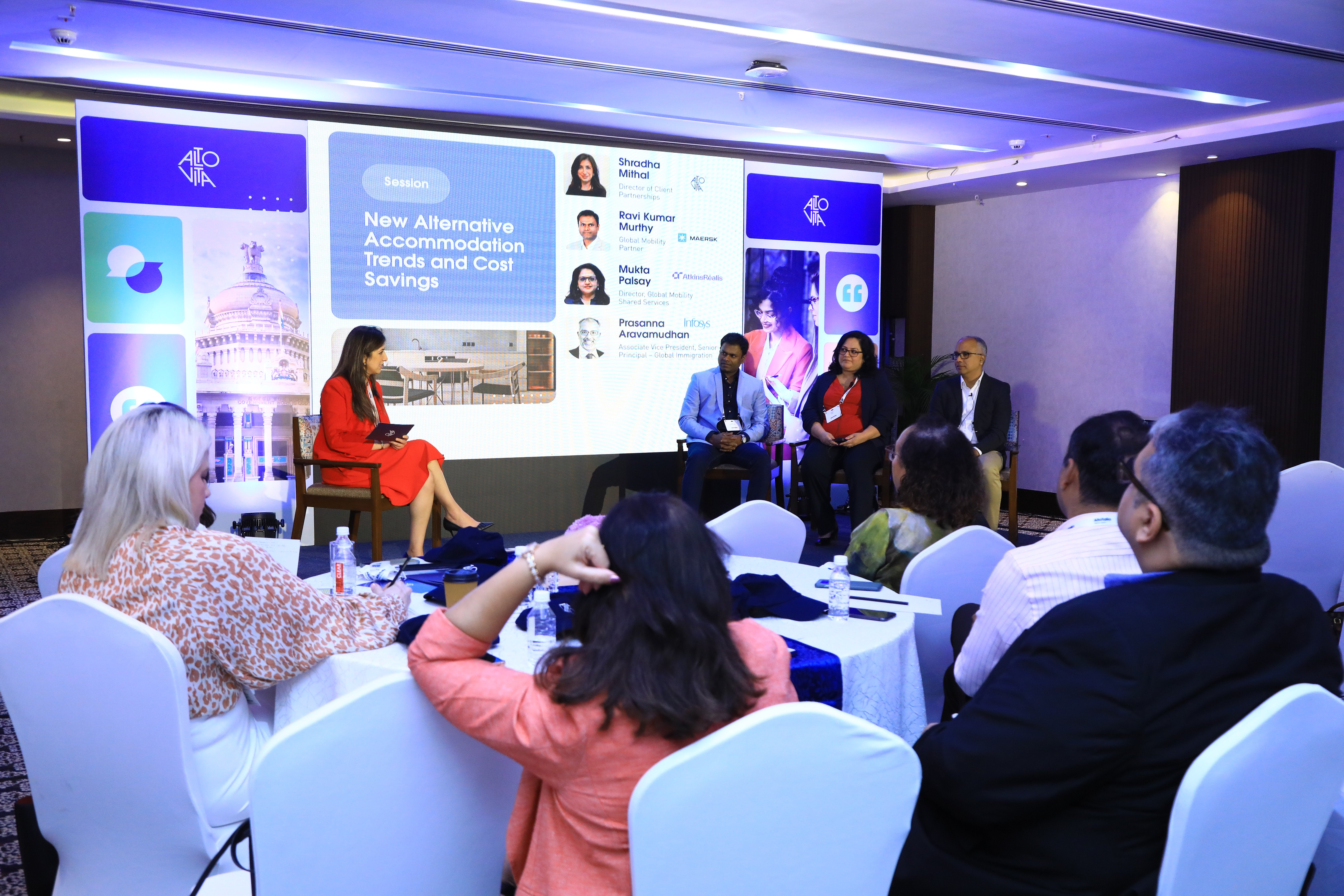
She joked with moderator Shradha Mithal, Director of Client Partnerships at AltoVita, that here it was more than simply asking if they preferred a red or green portacabin. “.... But three weeks there, that’s a hardship location, (so) what is it that we can offer them to bring them back to a city location for one week. The way we offer accommodation support has to be moderated differently.”
For the mobility leader, accommodation should not be implemented purely as a functional aspect of a place to live, but needs to be looked at as the whole part of the life the employee is going to live on an assignment.
“Those conversations are changing. We’re having to educate our business a lot on that,” she added.
2. Don’t Underestimate Curiosity, or Culture
A mobility expert from a leading IT company shared his perspective on the outbound Indian traveller during one panel. He shared the four “Cs” — which resonated with the audience. They are:
- Curious. “Indians are generally curious, they want to know everything, anything, about what’s happening around them. And they are quite curious about what’s happening around the world."
- Choosy: “Repeat travellers are quite choosy … It’s also about what do you get along with the house, the utilities/accommodation is not only the house, it also comes along with a package."
- Culture. “While a partner like (AltoVita) can bring in help with the house and viewing the houses, it’s also about the culture. If there is some education around the culture part, that makes it easier for them — and less 'choosy'.”
- Cost. “As well as learning about a new culture, and gaining experience, they also want to get something back. And that in today’s world is money.”
For Carol Fergus, Director of Global Travel, Events & Ground Transportation at Fidelity International, culture is key.
"I came to India with a perception that we had to have the best of everything, in terms of five-star hotels, the five-star residence," she told Jess Dunderdale, Senior Director of Client Partnerships at AltoVita, during a fireside chat.
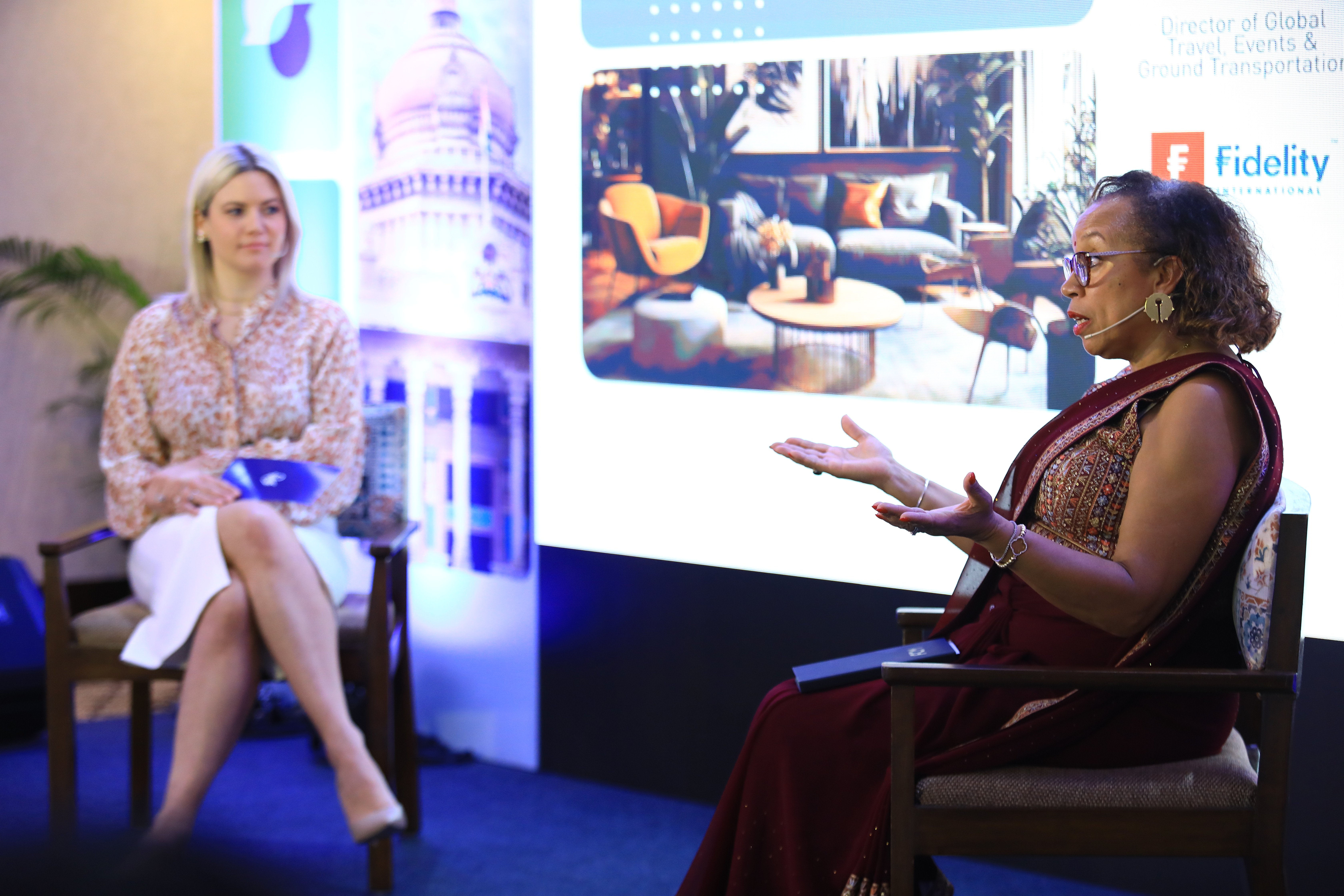
"I was quite put in my place when people were saying to me, well actually, we’re not comfortable being in these hotels. We want a home-from-home feel. We want co-living together, where we are buddying with our travellers, getting to know our travellers.
"Do not go back and think, because they’re going to London, that’s how they want to live, that they want to be in a five-star serviced apartment. What they want is that someone’s thought about my culture, what I’d like to eat."
3. Safety Even More Key in Uncertain Times
A mobility expert from a leading IT company said safety remains key. “The two wars that are happening today, whether it’s a ceasefire or slowing down, it does cost because it’s a matter of safety,” he said. “Wherever you go, people support both sides. How safe is the city, and how safe from a housing point of view?"
A word of caution also came for longer term assignees, as with 64 countries currently going to the polls, the future is hard to predict.
4. The Power Connectivity
Many panellists argued that service providers needed to be flexible, in order to integrate into their own systems.
“Today we’re definitely in conversations with current vendors to see where we can build APIs, look at technology, because … if my team needs to log into three or four systems, and deliver their day-to-day work, it’s not the best way for them to manage their work,” said Palsay from AtkinsRéalis. “It’s equally important for us to have vendors who are digitally savvy, or have a roadmap of a digital journey they’re embarking on, which we can partner with as well.”
She said that it was complex managing vendors and expecting the same kind of integrations in terms of the technology platform she was using for the assignment programmes.
Ravi Kumar Murthy, Global Mobility Partner at shipping giant A.P. Moller - Maersk, added that while there were many good technology-backed products in the market, they had to "snap-fit into each other, and deliver the value that each one of them individually brings" in order to bring value to the company using them.
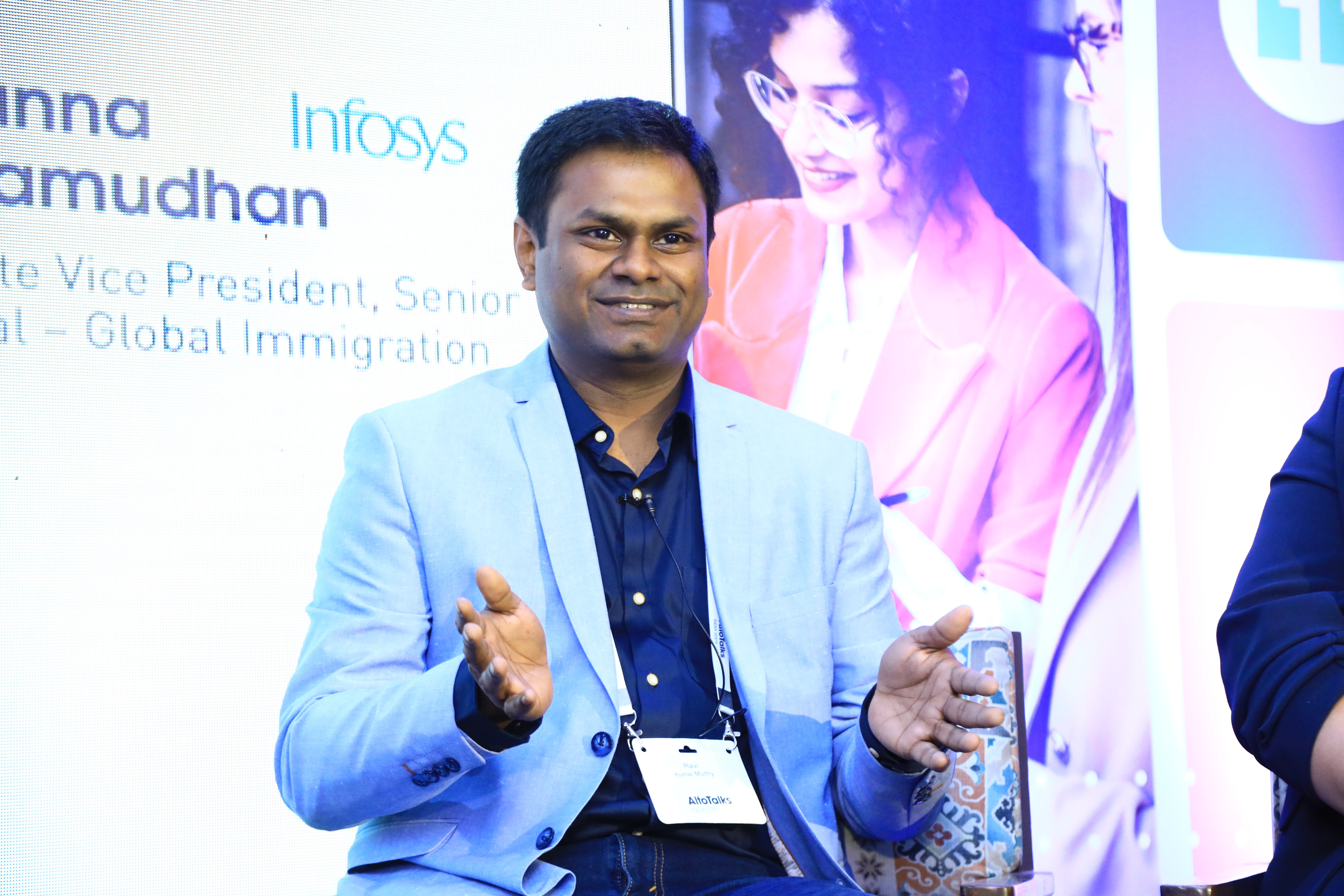
He likened it to mobile devices: "They’ll be a need for things to actually start working together, because when you look at some of these systems that work independently, it is quite frustrating. 'Why can’t this charger go with this phone?' It’s as simple as that.”
5. The Personal Touch Counts
When quizzed on how best to support employees before they relocate, Palsay told the audience that AtkinsRéalis was focusing on a more personal touch. While documents and other supporting information would be sent digitally, she was promoting more one-to-ones with employees, to make sure they had received enough information, and to support them in case they had other questions.
The mobility manager of a leading consumer goods company revealed that her company had set up a buddy programme, so the assignee was able to talk with someone who had actually lived in the same location before. She noted questions could be as simple as: where do I buy bread in the morning?
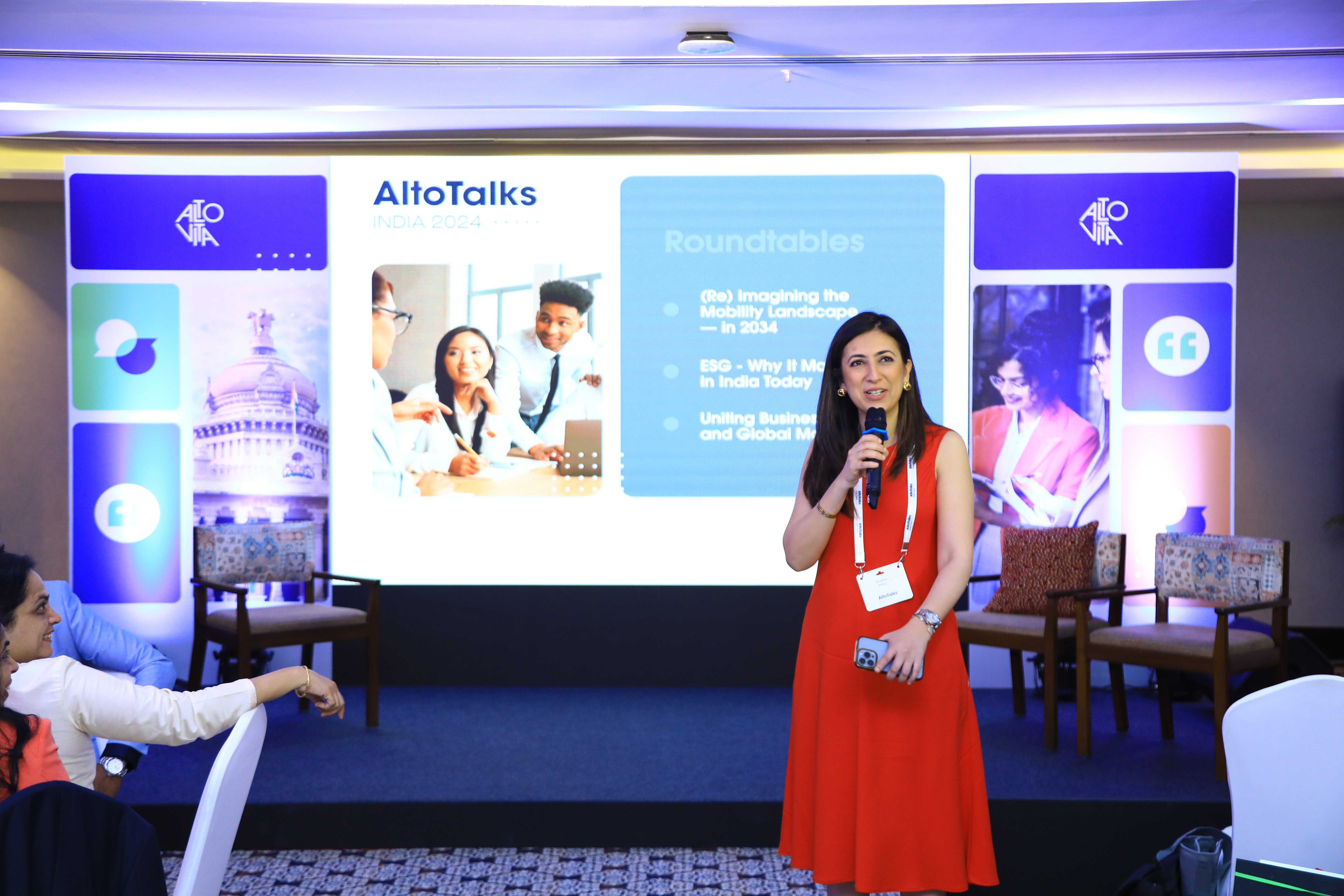
6. Multigenerational Travellers Have Different Needs
AltoTalks India also heard how different approaches to service and communication were needed. While some employees want to have more hand-holding, others may prefer a more contactless approach.
AtkinsRéalis' Palsay said: "This is an industry that has a multigenerational population. The expectation how they get supported is all kinds, either white-glove service, or the generation that says: “can I just have my assignment at the click of a button, is there a portal I can check, can I get updates on my mobile?
"Trying to meet the expectations of all those employees is our biggest challenge today, and we cannot afford not to do either. "
7. Pay Attention to the 4-Day Week
Delegates also heard why they should be paying attention to how some countries are considering the four-day week, with one panellist citing a Gartner report that has defined it as a trend to watch.
“Many employers are talking about a four-day working week," the mobility expert from the leading IT company said. "It’s in a very nascent state. But if that’s going to be a reality, or if companies are going to test it, then assignees (will stay) three days with their family, as opposed to two days. So they’ll need a better house, and more arrangements around the house which gives the family enough."
Meanwhile on remote work trends, A.P. Moller - Maersk's Kumar Murthy said: "When you put all of this into perspective, where does your mobility design, policies and processes stand? Are we really with the times, or are we still catching up? I think a lot of the industry is still catching up."
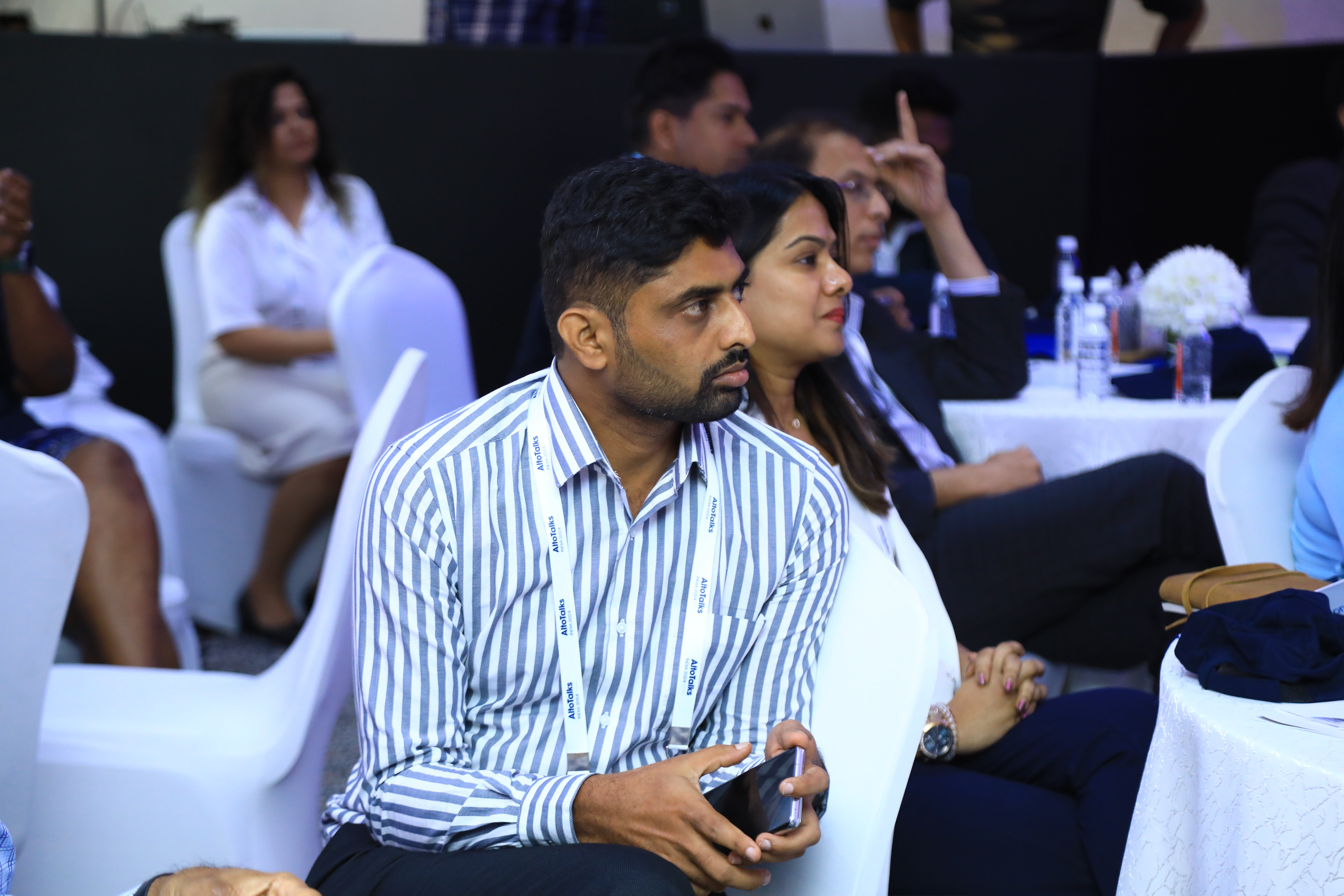
AltoVita is committed to exploring mobility and travel trends in order to shape the products we build for our customers. Now we're inviting you to help define our roadmap during a series of virtual workshops. Register now for Design Thinking Week, beginning April 9, and you can join our creative product managers to address industry challenges. The findings of these workshops will then be showcased on stage at the the Smart, Safe Sustainable Summit in London on July 9.


